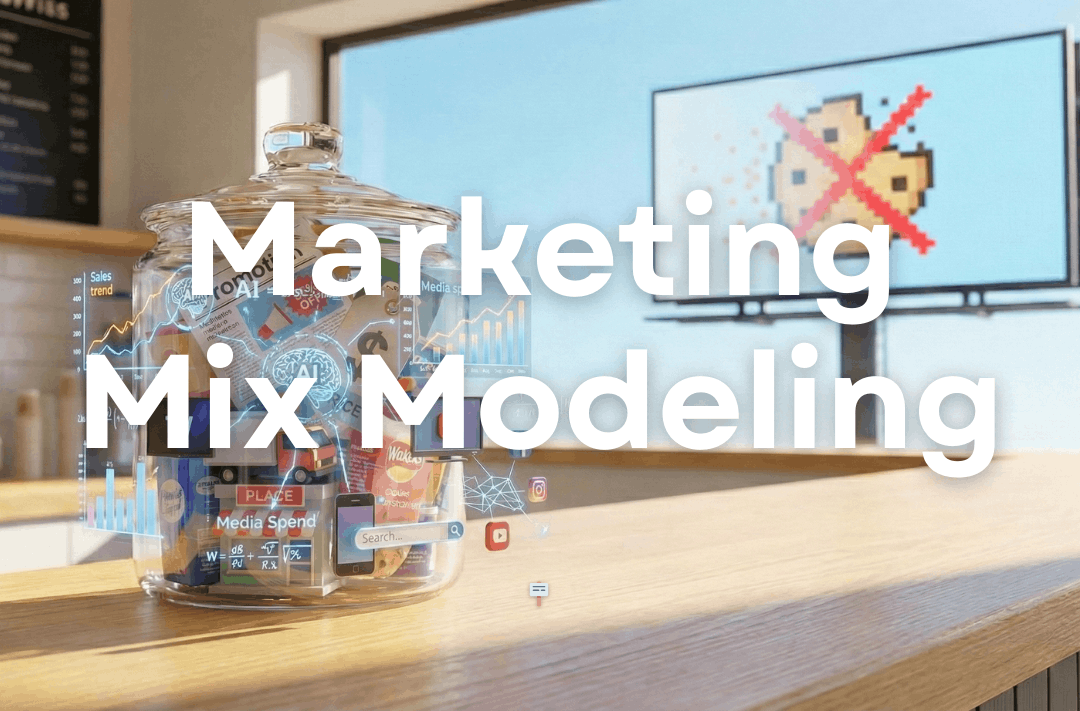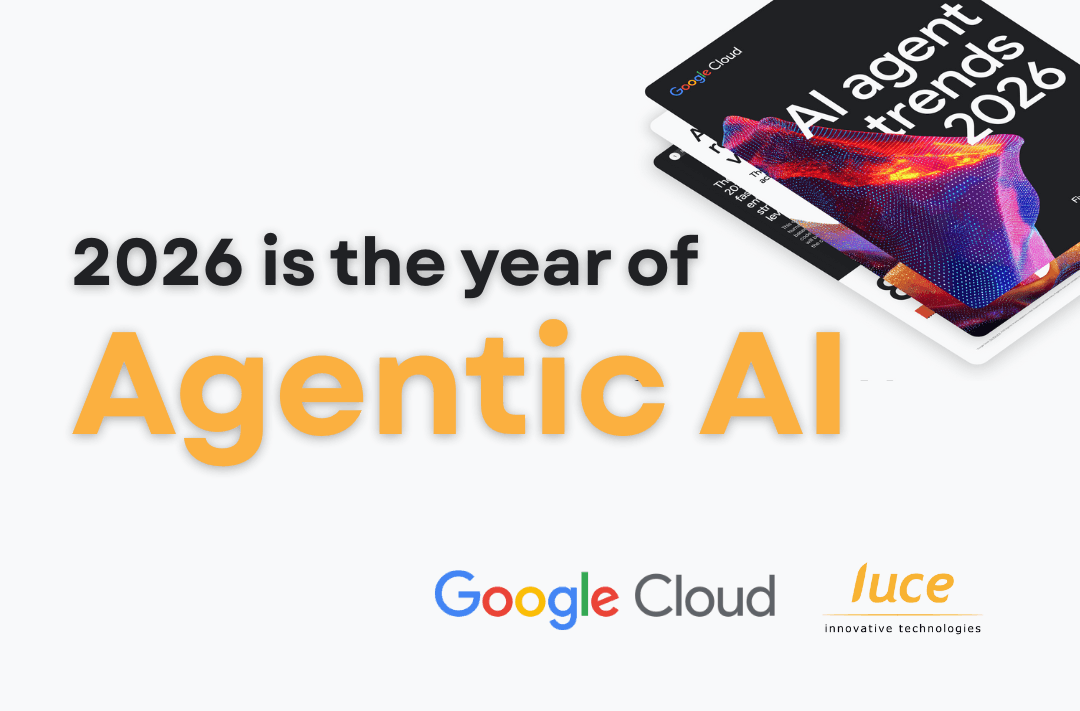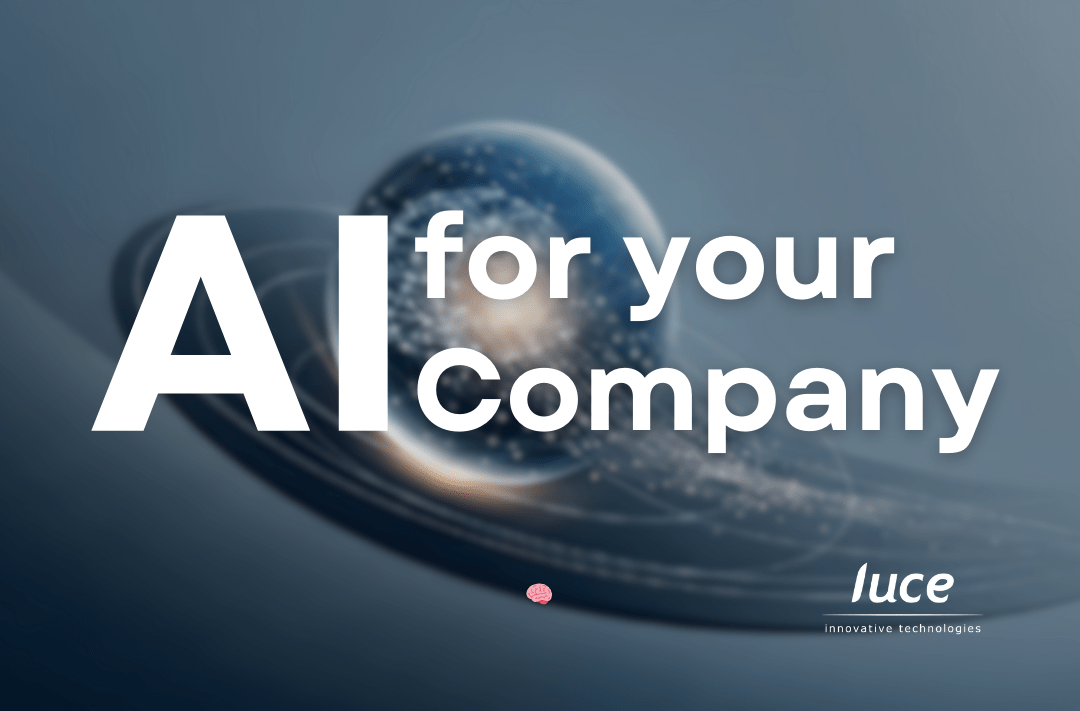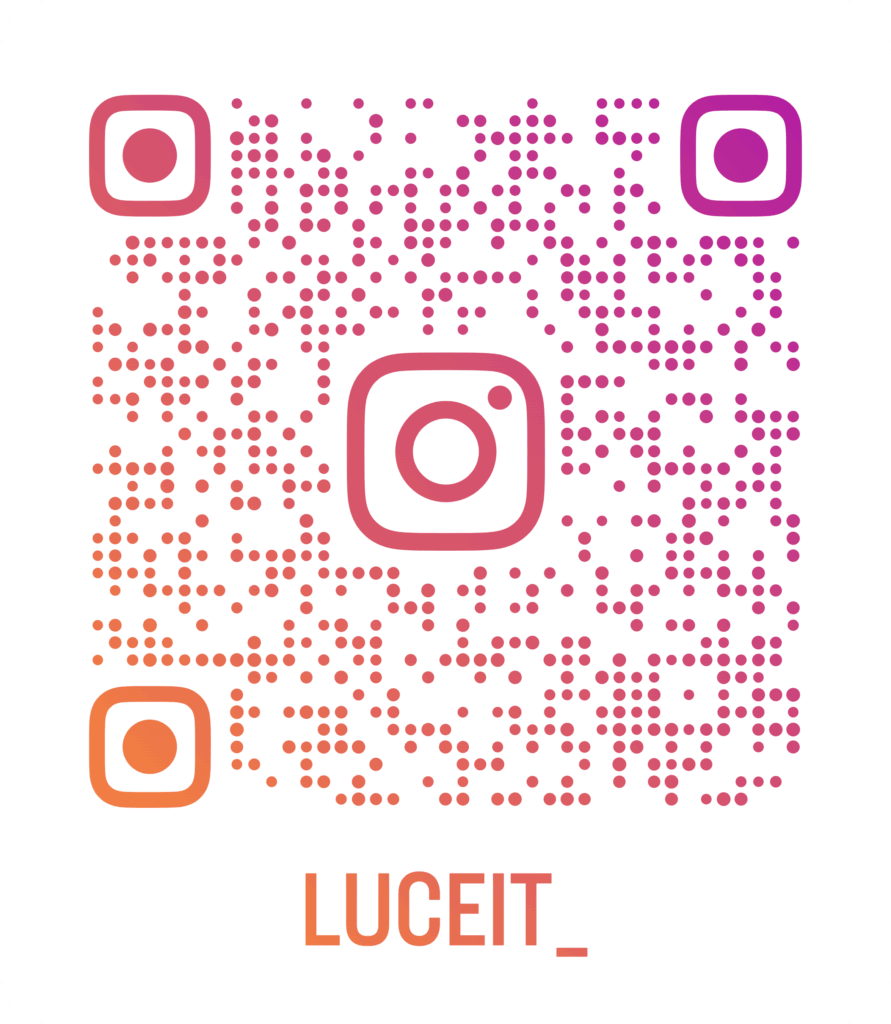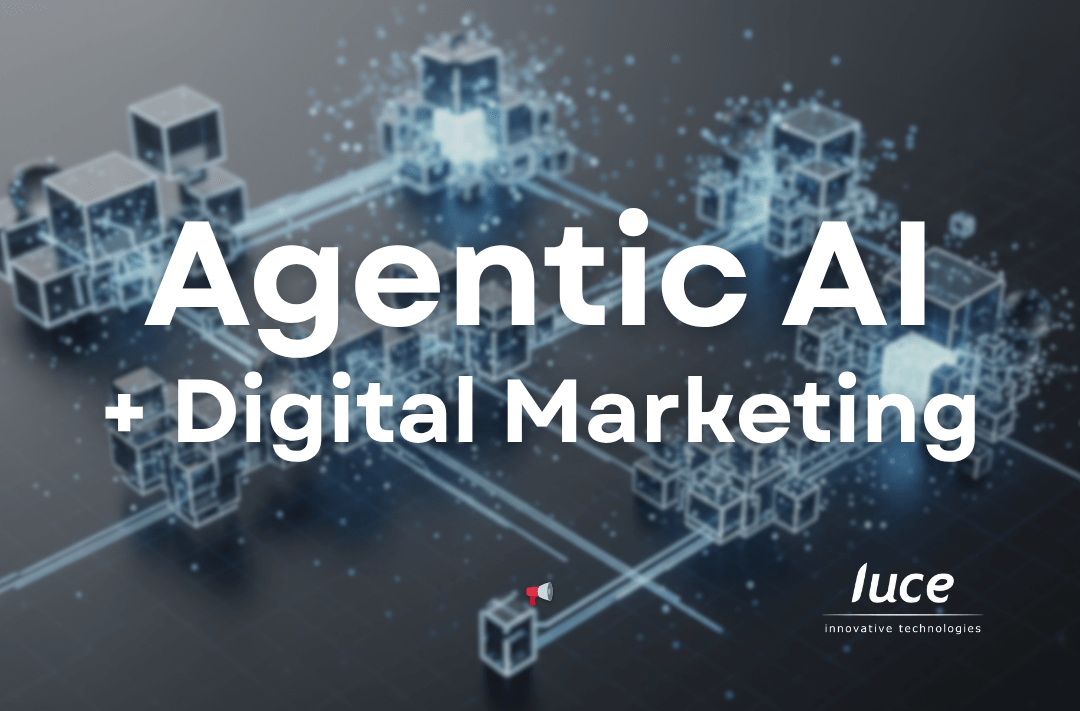
How to leverage agentic AI in digital marketing
The world of digital marketing lives in a constant conversation about Artificial Intelligence. We have moved from the initial surprise with ChatGPT to the integration of Generative AI to create images and texts. But what if we told you that the next step is already here and it’s not just about “creating” or “writing,” but about “managing,” “deciding,” and “executing” complete strategies?
We are entering the era of Agentic AI.
If Generative AI is like having an ultra-fast copywriter or designer at your disposal, Agentic AI is like giving your marketing team a team of digital “co-pilots” (analyst, strategist, media buyer), capable of operating autonomously under the supervision of a human director.
This change represents a fundamental evolution: we move from simple automation (following rules) to true supervised autonomy (making decisions to achieve a goal).
How to apply Agentic AI in Marketing?
First, to understand Agentic AI, we must stop thinking of AI as a single “thing” (like a chatbot) and start seeing it as an ecosystem of “Agents.”
An AI Agent is a specialized software model designed to perform specific tasks. It can perceive its environment (analyze data), make decisions (reason), and execute actions (use tools or APIs).
The magic of Agentic AI happens when multiple agents collaborate under the supervision of an “Orchestrator” or “Manager” agent to solve a complex problem.
Let’s think about a marketing structure:
- The Human Strategist (Mkt Director): Defines the strategic objective and business rules. Ex: “I want to increase online sales of our new product (Sneaker X) by 20% this quarter with a budget of €50,000.”
- Orchestrator Agent: Receives the objective, breaks it down into a tactical plan, and coordinates other agents.
- Specialized Agents:
- Research Agent: Analyzes market trends, what the competition is doing, and the historical performance of similar campaigns.
- Audience Agent: Connects to the CRM and analytics platforms to segment the target audience.
- Content Agent: Generates 10 ad variations (text and images) adapted to each segment.
- Media Buying Agent: Distributes the budget across Google Ads, Meta Ads, and TikTok, and launches the campaigns.
- Analyst Agent: Monitors performance (ROAS, CPA, CTR) in real time.
The Orchestrator reviews the Analyst Agent’s report and proposes an action: “TikTok is underperforming by 15%. I suggest pausing the two worst-performing creatives, moving 20% of the TikTok budget to Meta, and requesting 3 new short videos.”
The supervisor receives this suggestion, validates it with a click, and the agents execute it immediately.
Differences between Automation and Autonomy via Agentic AI
It is crucial not to confuse Agentic AI with the marketing automation we already know.
Automation (e.g., Zapier, Hubspot) is reactive and based on predefined rules. It follows a strict script: “IF a user abandons the cart, THEN send them Email A.” It cannot handle ambiguity or deviate from the script. If Email A stops working, it will keep sending it.
Autonomy (Agentic AI) is proactive and based on objectives. It is given a destination, not a map. “IF a user abandons the cart, the goal is to recover them. Try Email A, try a Push coupon, try a retargeting ad. Measure what works best and adjust the strategy. If all else fails, inform the CRO Agent to analyze why they are abandoning the cart.”
Automation executes tasks; autonomy manages processes and makes decisions.
Applications of Agentic AI in Digital Marketing
Although this sounds like science fiction, the foundations are already built. The major platforms are integrating agents at full speed. Let’s see how this will transform key areas of marketing:
1. Ad Campaign Management (PPC/Paid Media)
The example above is not a fantasy. Agents will be able to manage campaigns from start to finish. The human media buyer will go from manually adjusting bids to supervising the Orchestrator Agent’s strategy.
The flow: A human strategist assigns a budget (e.g., €10,000 to capture leads from travel agencies). Then, several AI agents collaborate: the SEO Agent researches keywords, the Content Agent creates ads, the Design Agent creates landing pages, the Google Ads Agent sets up the campaigns, and the Analyst Agent optimizes the budget in real time, adjusting investment between campaigns to improve performance.
2. Autonomous Conversion Rate Optimization (CRO)
CRO is a perfect process for Agentic AI because it is based on a cycle of hypothesis, testing, and learning.
The flow: The Analyst Agent connects to analytics tools (Google Analytics, Hotjar) and detects a friction point, reporting: “I detect a 40% drop-off on the payment form on Safari mobile devices.” The Hypothesis Agent suggests: “The probable cause is that the ‘Pay Now’ button is not visible without scrolling in that configuration.” Next, the UX/UI Agent generates three alternative designs (Test A, B, C) to solve the problem. The Testing Agent sets up and launches the A/B/C test on the platform. Finally, the Analyst Agent monitors the results, recommends a winner (Test B), and, after human validation, implements it.
3. SEO and Strategic Content Marketing
Agentic AI will take SEO beyond “write a post about X.” It will become a content strategy manager.
The flow: An SEO agent monitors the SERPs and competitors, generating reports like: “Competitor ‘Company Y’ has overtaken us for the keyword ‘best CRM software.’ Our current content is 2 years old.” Next, a content agent reviews the old article and the competitor’s, re-writes a draft of the article updating statistics, adds two new sections (AI in CRM, mobile CRM), and generates images. Finally, it passes the draft to the human editor for review and final approval.
The New Role of the Marketer: From Executor to Supervisor
It is important to emphasize that Agentic AI does not seek to eliminate the marketing team, but to transform it. The professional’s value will no longer lie in the manual execution of repetitive tasks (creating 50 copies, adjusting 100 bids), but in their strategic ability.
The marketer of the future will be an agent supervisor, a hypothesis validator, and the creative brain that defines objectives, trains the agents, and approves critical decisions, letting the AI handle the heavy execution.
Data as the Fuel for Agentic AI
At this point, Agentic AI seems like the solution to all our problems. It’s an autonomous, scalable team that works 24/7. What’s the catch?
The catch is the data.
A marketing team, no matter how brilliant, cannot make good decisions if its reports are incorrect, incomplete, or late. The same goes for AI.
Agentic AI is incredibly powerful, but also incredibly dependent on the quality of its “fuel.” If the “Analyst Agent” tries to cross-reference data from Meta Ads with Google Analytics and the CRM, and the revenues don’t match, the sources aren’t connected, or the data is dirty… the entire system collapses.
The AI will make “autonomous” decisions based on garbage, and you will get an “autonomous disaster.”
The real challenge to implementing Agentic AI is not the AI itself; it’s ending the data chaos.
For agents to work, they need a single source of truth. They need a unified, clean, and governed data platform, where data from all sources (Supermetrics, Fivetran, CRM, ERP, GA4) arrives orderly and ready to be analyzed.
Before autonomy, you need data intelligence.
That’s why we want to invite you to our next webinar with Supermetrics: “Let’s talk about… Smart Data”. Discover the exact methodology to end data chaos and prepare your company for AI.
Date: Wednesday, November 19, 2025 | 16:00 (Spain Time)
FAQ
What is Agentic AI and how does it differ from Generative AI?
Generative AI (like ChatGPT) specializes in creating new content (text, images, code). Agentic AI goes a step further: it uses agents (which can include Generative AI) to execute tasks, make decisions, and manage processes autonomously to achieve a goal, like launching a complete ad campaign.
Is Agentic AI the same as the marketing automation we already use?
No. Traditional automation is reactive and follows fixed rules you define (IF A happens, THEN do B). Agentic AI is proactive and based on objectives (the goal is Z, you decide the best route A, B, or C to get there and adjust it if it doesn’t work).
Is Agentic AI going to replace my marketing team?
No, it transforms their role. The goal is for the AI to handle the heavy, manual execution (adjusting bids, creating 50 copies). The human team becomes the “supervisor” and “strategist,” validating the AI’s decisions, setting the main objectives, and providing the creativity the machine cannot.
Can you give a practical example of Agentic AI in marketing?
An agent system could detect that an ad on Meta is underperforming (Analyst Agent). Instead of just reporting it, it would propose moving the budget to another ad that is performing better (Strategist Agent). Once the human supervisor approves it, the (Media Buying Agent) would automatically execute the change on the platform.
What is the main challenge to implementing Agentic AI?
The biggest challenge is not the AI itself, but the data. Agentic AI needs a “single source of truth” to make good decisions. If your marketing data (CRM, Analytics, Ads) is disconnected, dirty, or incorrect, the AI will make bad decisions. The first step is to sort out the “data chaos.”
Luce IT, your trusted technology innovation company
The Luce story is one of challenge and non-conformity, always solving value challenges using technology and data to accelerate digital transformation in society through our clients.
We have a unique way of doing consulting and projects within a collegial environment creating “Flow” between learning, innovation and proactive project execution.
At Luce we will be the best by offering multidisciplinary technological knowledge, through our chapters , generating value in each iteration with our clients, delivering quality and offering capacity and scalability so they can grow with us.
>> The voice of our customers – Rated 9 in 2024
>> Master Plan 2025: Winning the game
